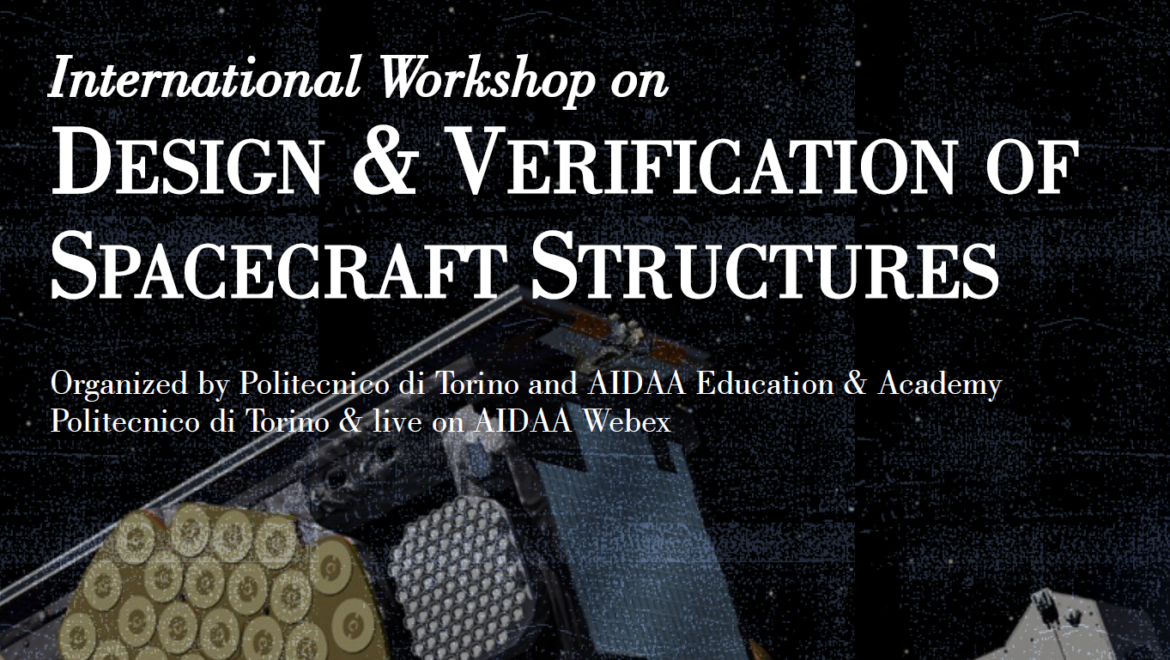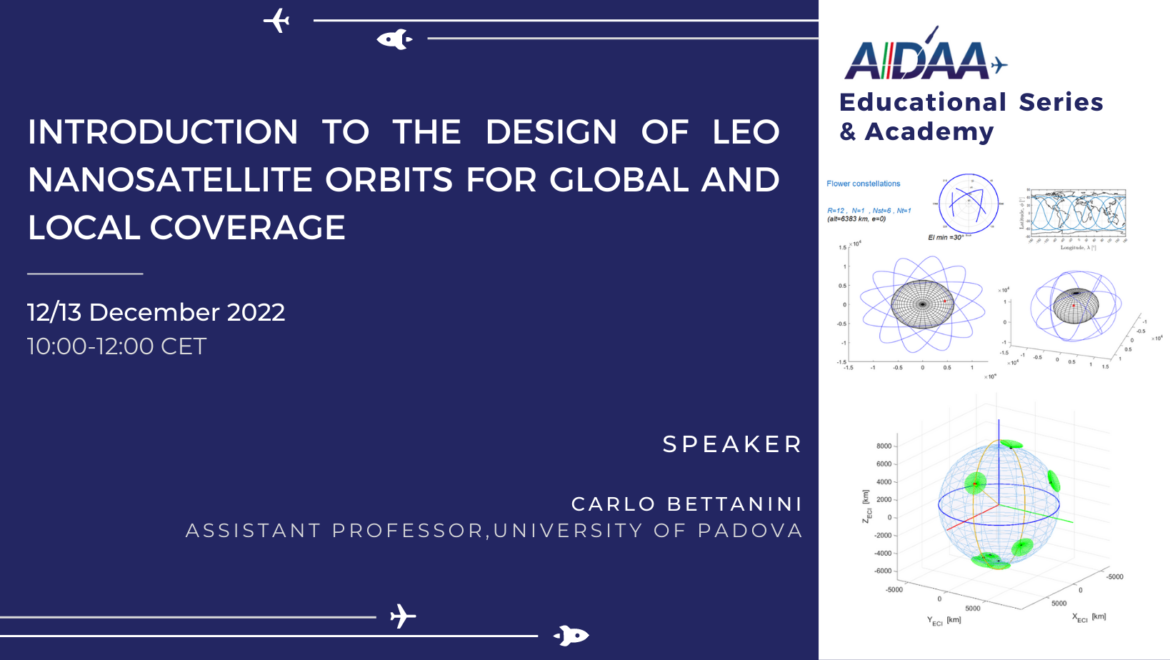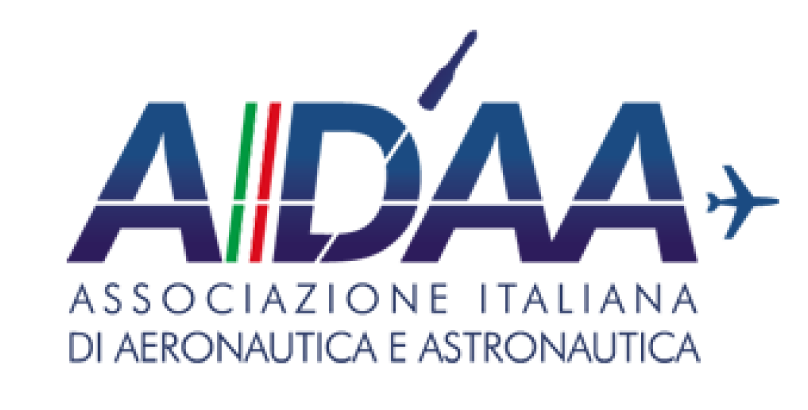The short course will describe the main aspects of recently developed two- and three-dimensional
computational frameworks for multi-scale and multi-physics analysis of polycrystalline and composite
materials, including the representation of degradation and failure, based on the employment of techniques
different from standard FEM.
The described models are based on the explicit representation of the considered materials mechanics at the
meso-scale, including the initiation, evolution and coalescence of micro-damage and cracking. The strategies
to capture the exchange of information between different scales, namely the component level (macroscale)
and the material level (mesoscale), will be described, as well as the techniques to include multi-physics
representations (e.g. piezoelectric, thermoelastic, chemical diffusion).
The potential benefits of employing different techniques for different material phases will be discussed and
an example about the coupling of the recent developed Virtual Element Method and the Boundary Element
Method will be presented.
The course will describe the main features of the proposed frameworks, their main advantages, current issues,
and direction of potential further development. Several applications to the computational analysis of damage
initiation and micro-cracking of common and piezoelectric polycrystalline aggregates under different loading
conditions will be discussed. Examples about modelling damage initiation and evolution in composite unit cells
will be presented.
Syllabus:
- A boundary element computational framework for micromechanics (2 hours)
- The boundary element method: integral equations and their numerical treatment (4 hours)
- Introduction to the Virtual Elements Method (2 hours)
- Construction of a boundary elements multiscale formulation including damage and failure (2 hours)
- Multi-scale, multi-physics and multi-technique formulations for materials modelling (2 hours)
Learning Objectives:
At the end of the class the attendees will have learned how to use integral equations to model solids
mechanics problems, will have a clear understanding of strengths and weaknesses of the Boundary Element
Method, and will know how to use it in combination with other techniques, such as FEM, VEM, Cohesive Zone
Modelling, Continuum Damage Mechanics to address a wide range of materials mechanics problems.
> Download Course Brochure
Participation
You need to buy one of the package list available here and use the Order ID assigned to you after purchase.
You need to Login for registration.













